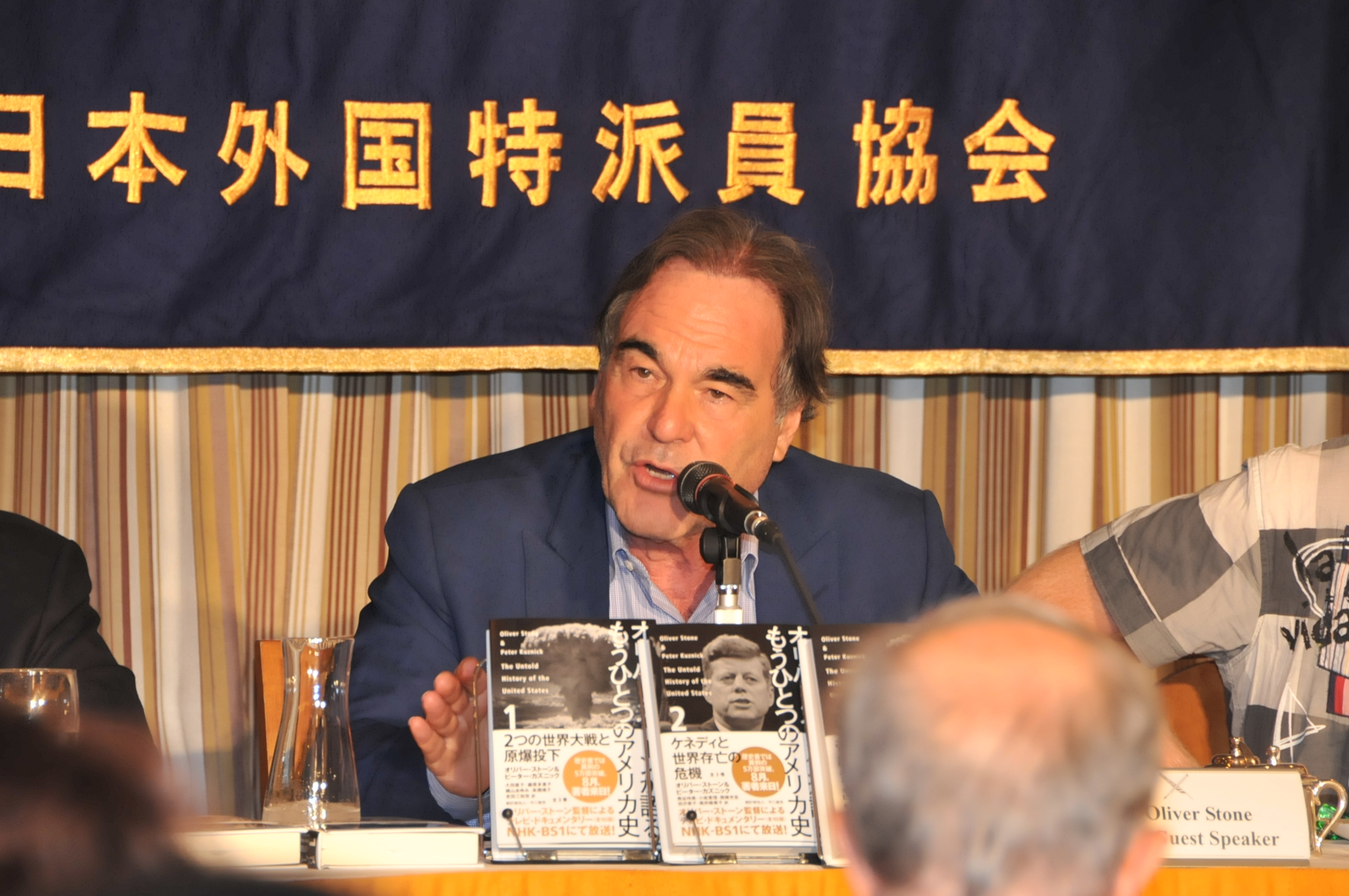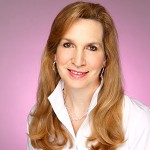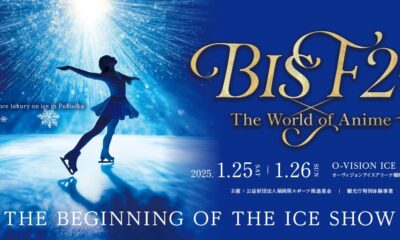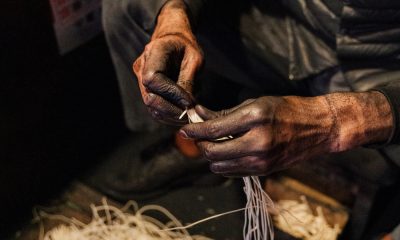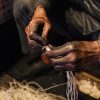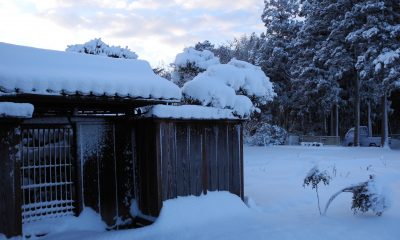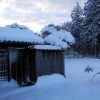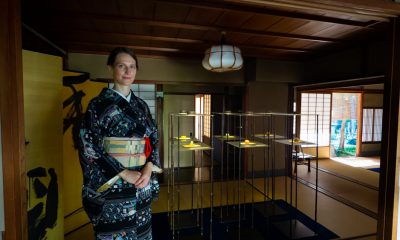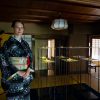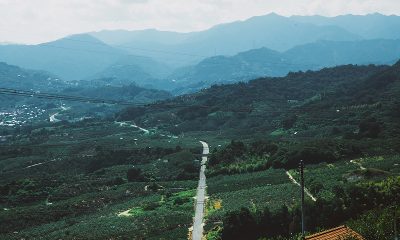Featured
A Home for Foreign Hacks: Japan’s premier press club
Following the March 11, 2011 earthquake, tsunami, and meltdowns at the Fukushima nuclear power plant, the world’s media arrived to report for what was billed as the “most important Japan-related story since the end of World War II.”
The resulting coverage was the subject of much controversy. FOX News, ever careful with its facts, labelled one of “Japan’s reactors” on a map shown to millions as “Shibuya Egg Man” — actually a Tokyo-area night club. Meanwhile, British tabloid headline writers spoke of Tokyo as a “nightmare ghost town”. Thousands of foreigners (and though it was taboo to say so, lots of uber-wealthy Japanese) then fled the country.
Some Japanese and Tokyo-based foreign apologists blamed the foreign media for the exodus. But while Internet trolls and barstool experts howled at the more egregious examples of bad coverage, Japan-based correspondents, who knew the country and spoke the language, were on the front lines, trying to separate fact from fiction, and the truth from official government or apologist spin.
Many of those reporters belong to the Tokyo-based Foreign Correspondents’ Club of Japan (www.fccj.or.jp). Founded in 1945, FCCJ has about 2,000 members, including over 300 foreign correspondents and Japanese reporters who worked in Europe, America, Asia, the Middle East, and Africa. FCCJ’s nearly 1,500 associate members are not journalists. They include entrepreneurs, business executives, and professionals, as well as authors of many books on Japan that you see in local bookstores.
FCCJ’s current president is former Kyoto resident Lucy Birmingham, one of only three women in the club’s 68 year history. She writes for Time magazine and Time.com and is also a script writer and narrator for NHK. Her co-authored book Strong in the Rain about the events of 3/11 was published last year.As a veteran Japan correspondent, Lucy has an understanding of the country many of her colleagues do not. While her job and the FCCJ presidency usually keep her tied to Tokyo, Kansai residents will have the opportunity to hear her speak in Osaka at the Knowledge Capital in Umeda’s Grand Front complex and at the Kyoto City International House on the evening of January 25th.
“FCCJ is the Foreign Correspondents’ Club of Japan, not just Tokyo. So much is happening in Kyoto and Kansai. It’s important that FCCJ reach out to develop relations in that part of the country, which will hopefully help improve the quality of foreign media coverage of the country as a whole,” she said.
FCCJ’s activities include hosting press conferences and providing a library and work space for members. But its social heart is the main bar, which draws journalists, business people, academics, artists and all manner of colourful characters. In addition, the club runs a scholarship program for aspiring journalists, and some past winners have been Kansai-area students. Though most members are Tokyo-based, an Ex-Kanto membership category allows those outside the area to join at reduced rates.
In today’s world, where anyone with a computer can sit in a coffee shop and report or comment, journalism, some fear, is less of a profession and more of a part-time hobby. Journalism clubs like FCCJ may seem like an anachronism. But most KS readers will probably agree that advances in technology these past two decades have not always produced better news reporting. The state of the foreign media in Japan is changing. But FCCJ offers journalists or anyone who cares about quality journalism and Japan a safe port in the ferocious media storm.
[box]
Lucy Birmingham will be speaking to Kansai audience on January 25th, as follows:
2-4pm, Knowledge Salon, Grand Front Osaka, North Bldg. 7F
6:30-8:30pm, Kyoto International House www.kcif.or.jp
For more information and to register for the Osaka event, see: kansaiscene.com/businessmatters
For more information on the Kyoto event, contact: Eric Johnston erichartley1964@gmail.com
[/box]


